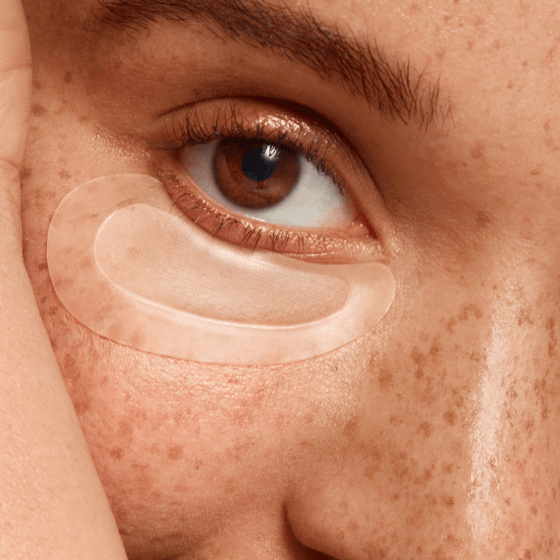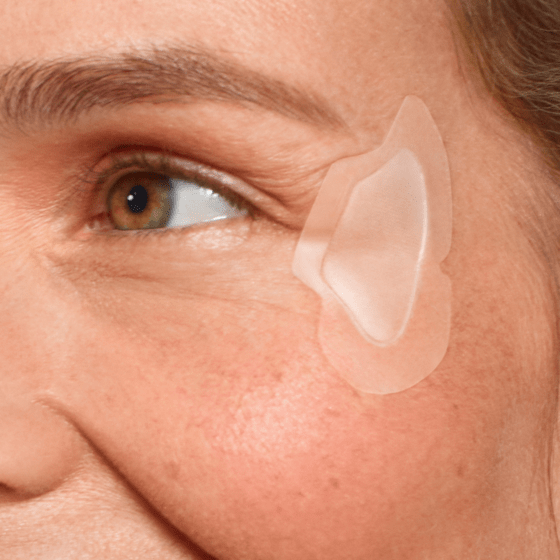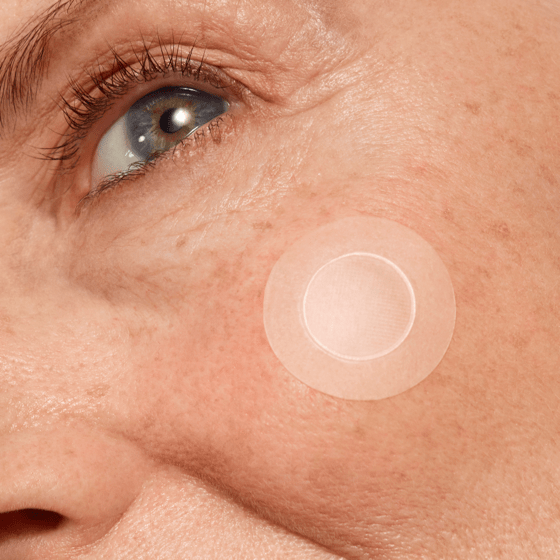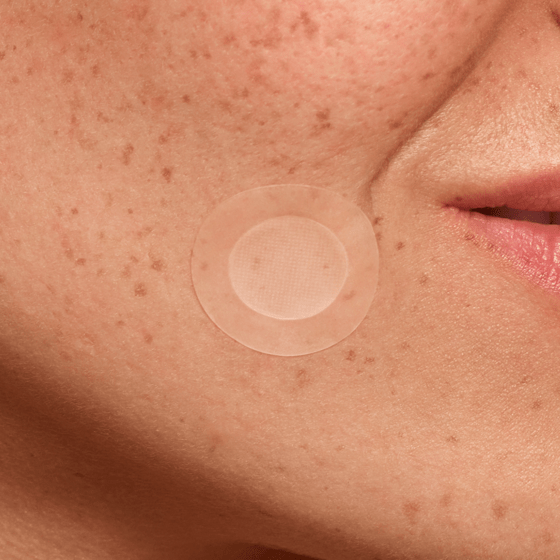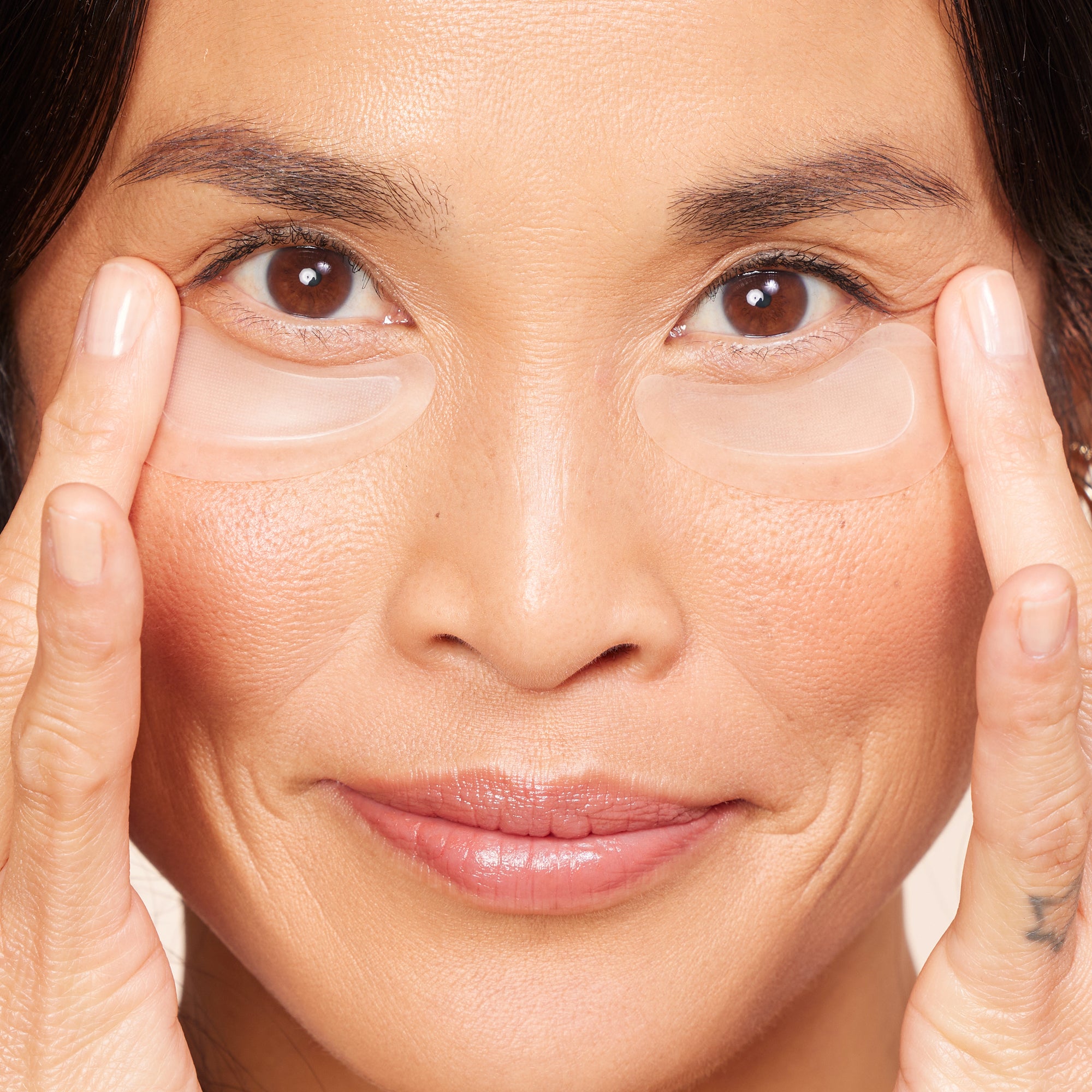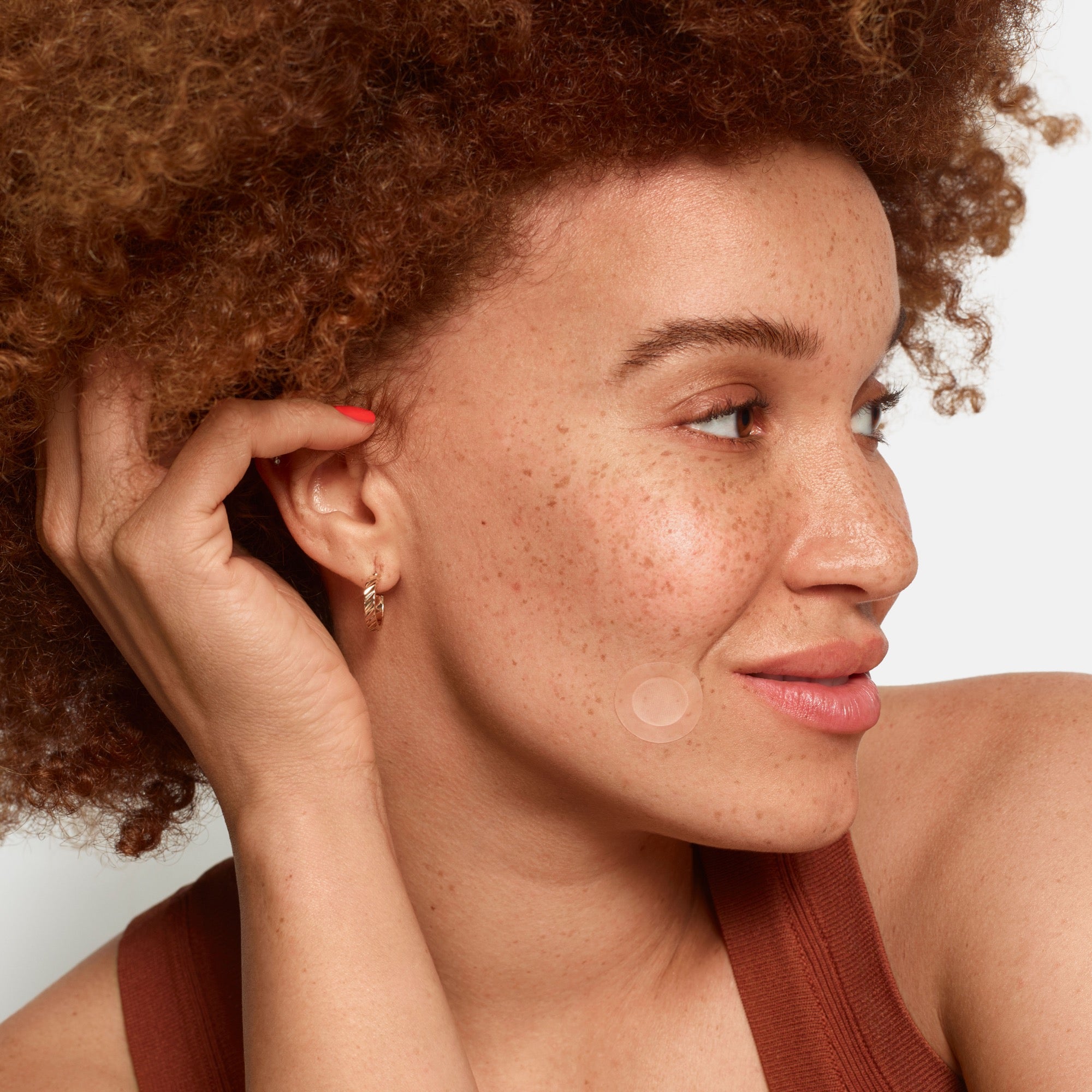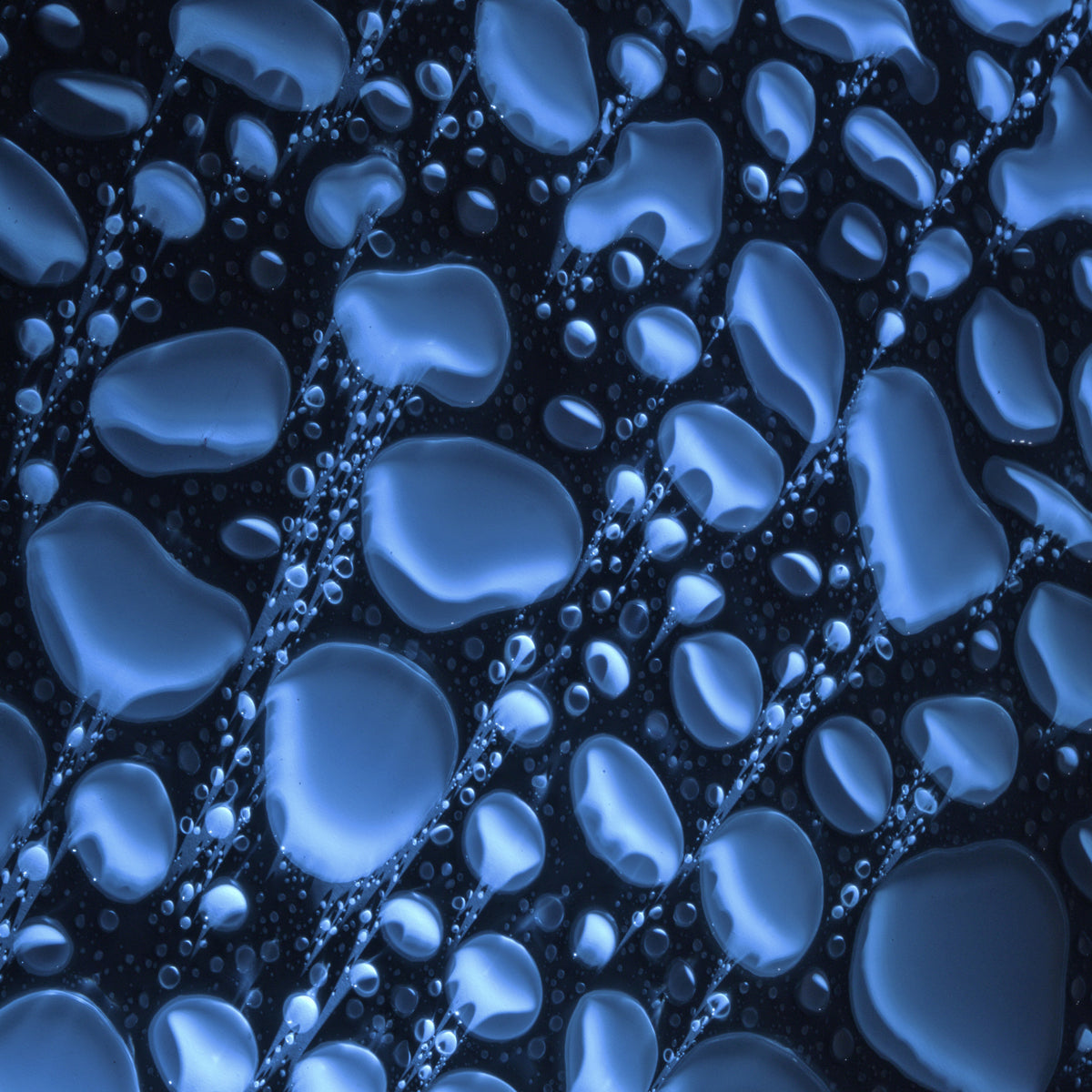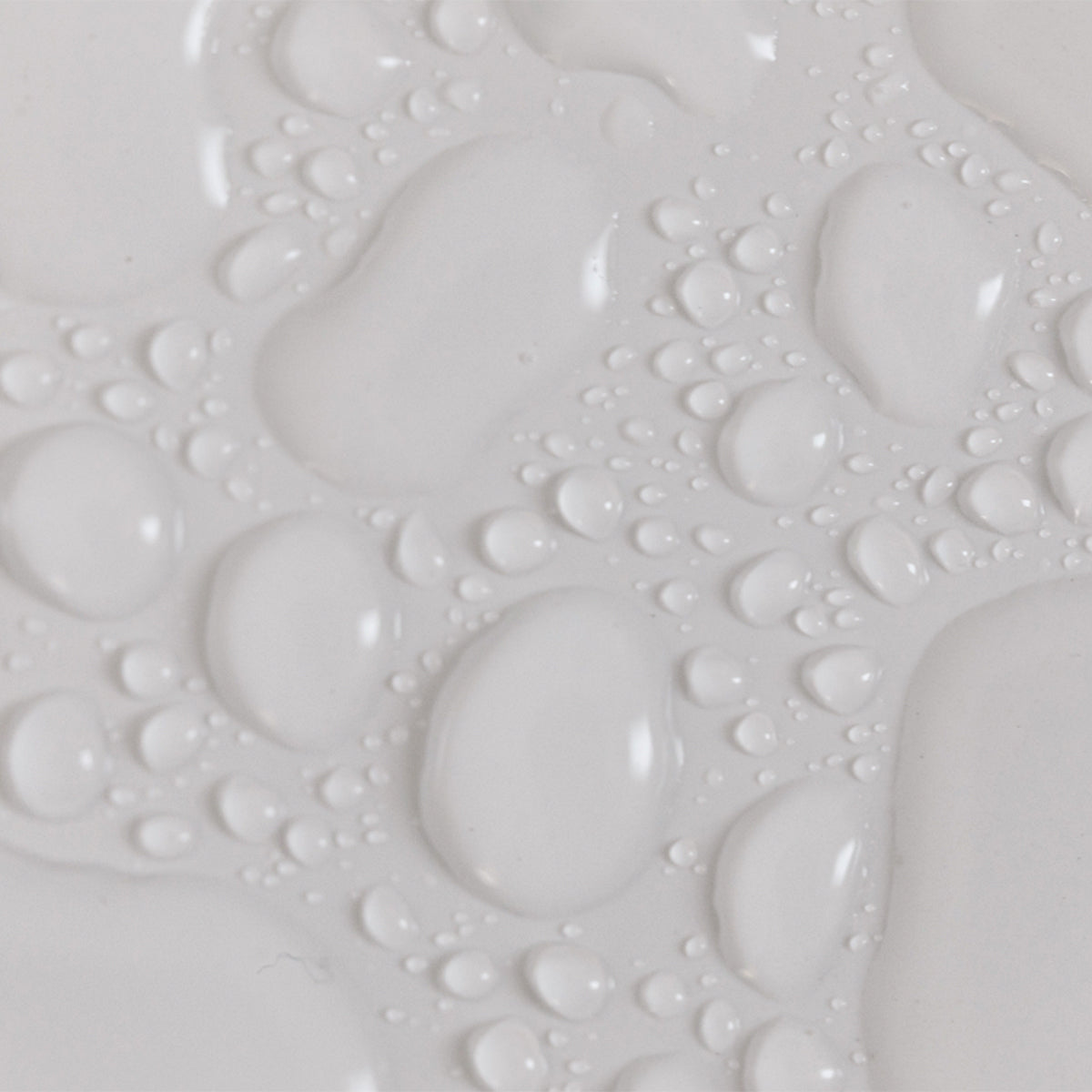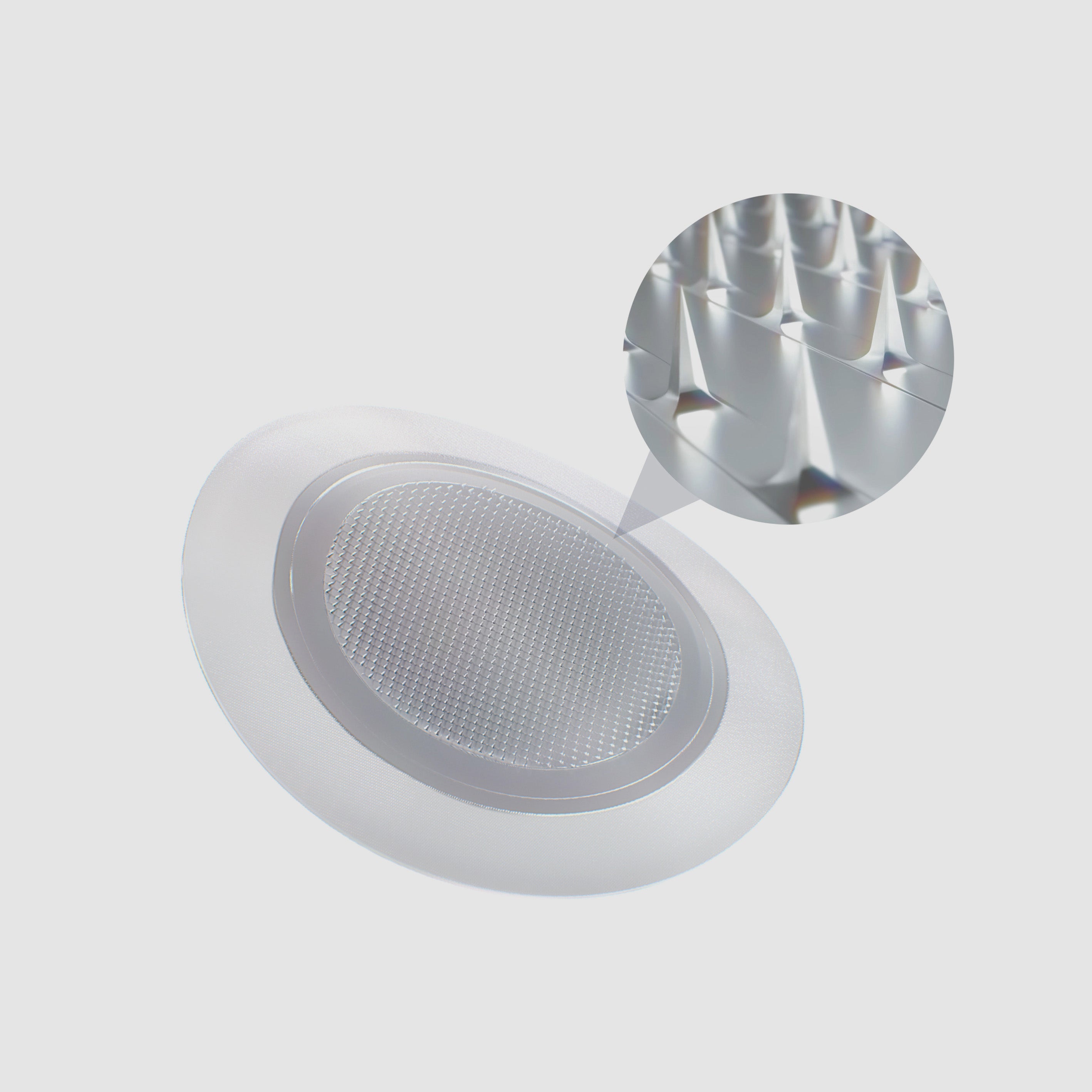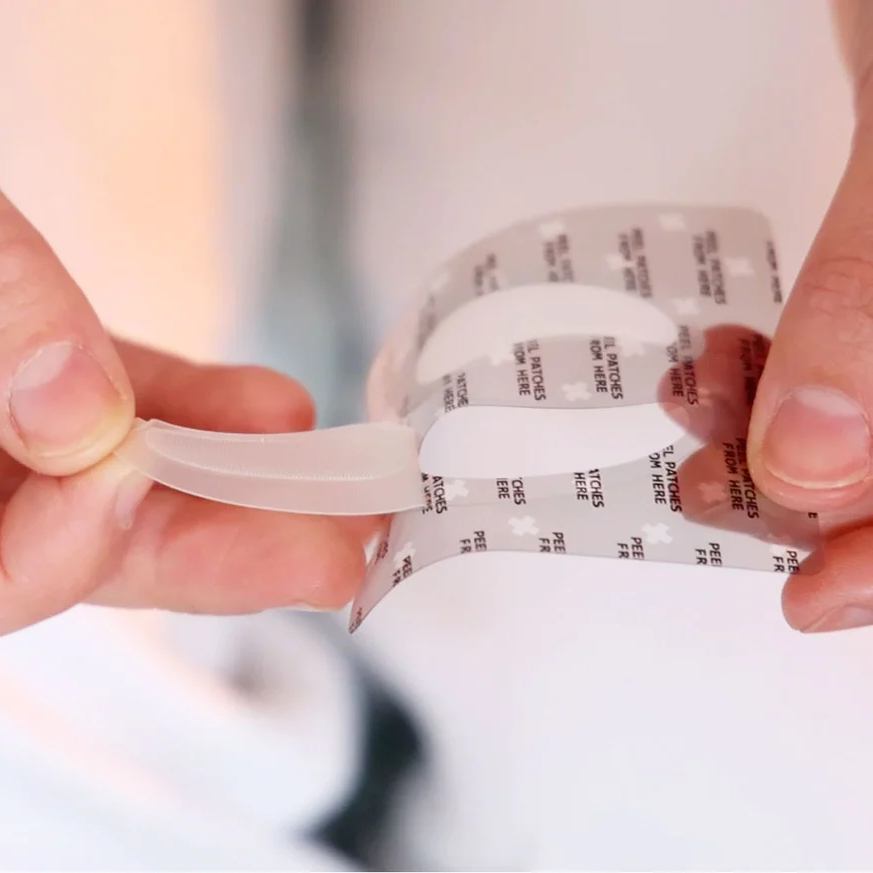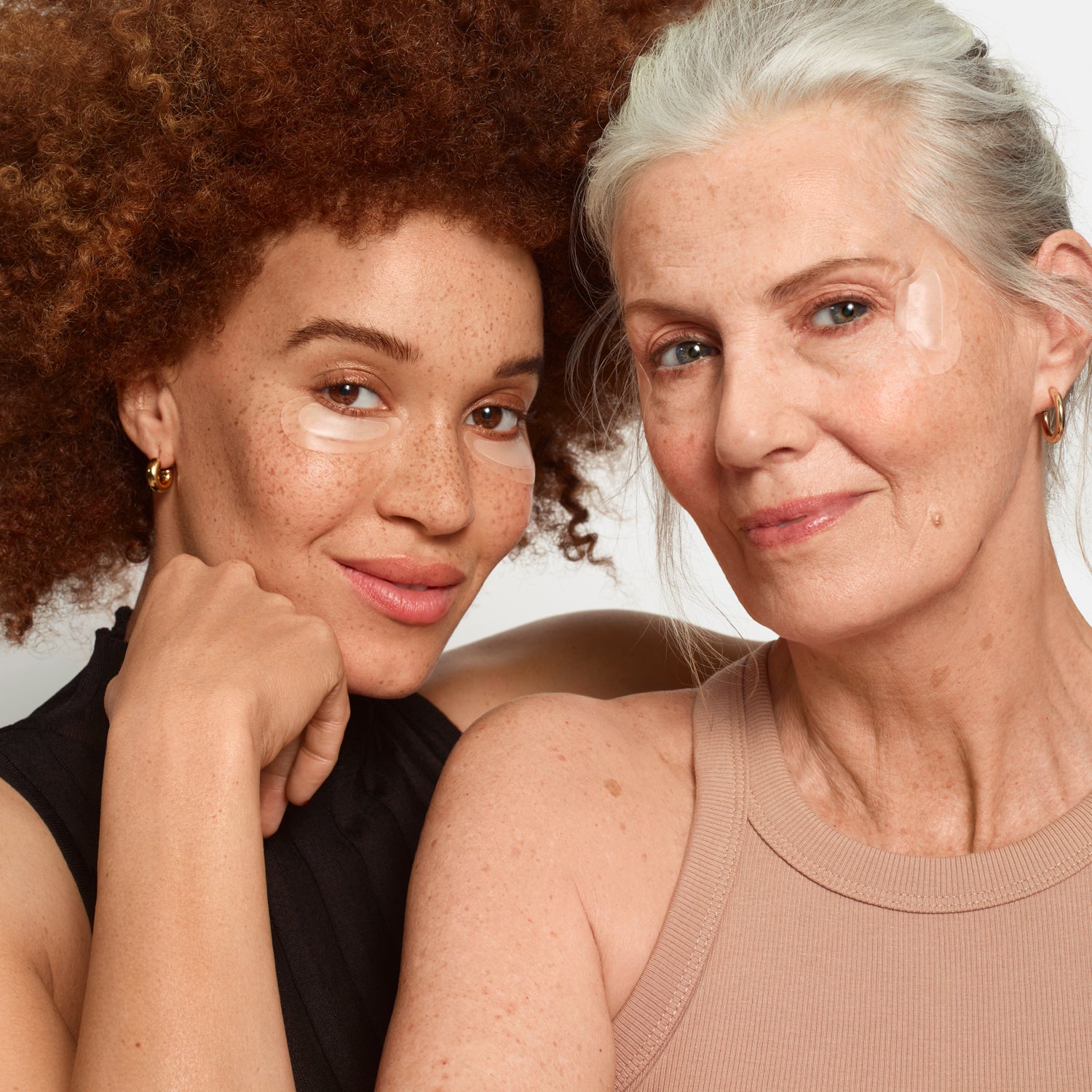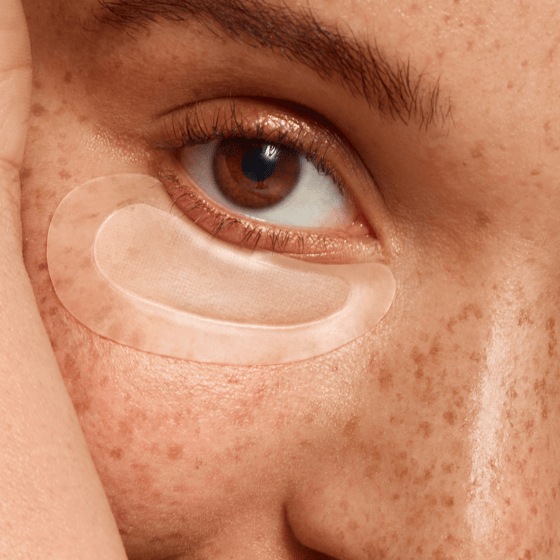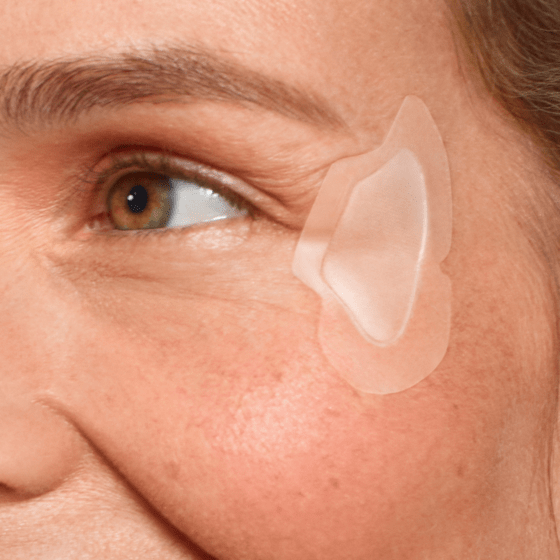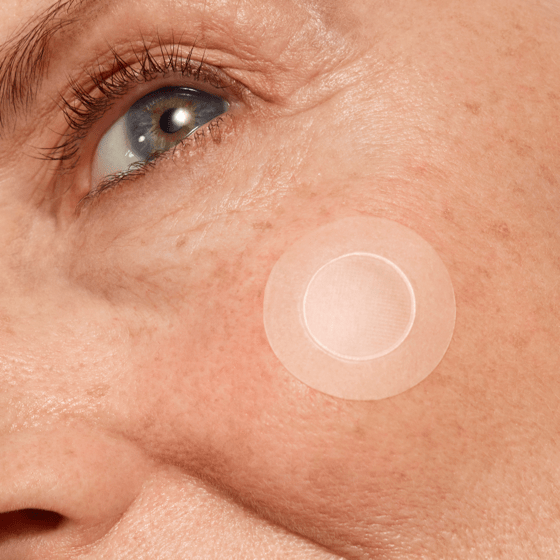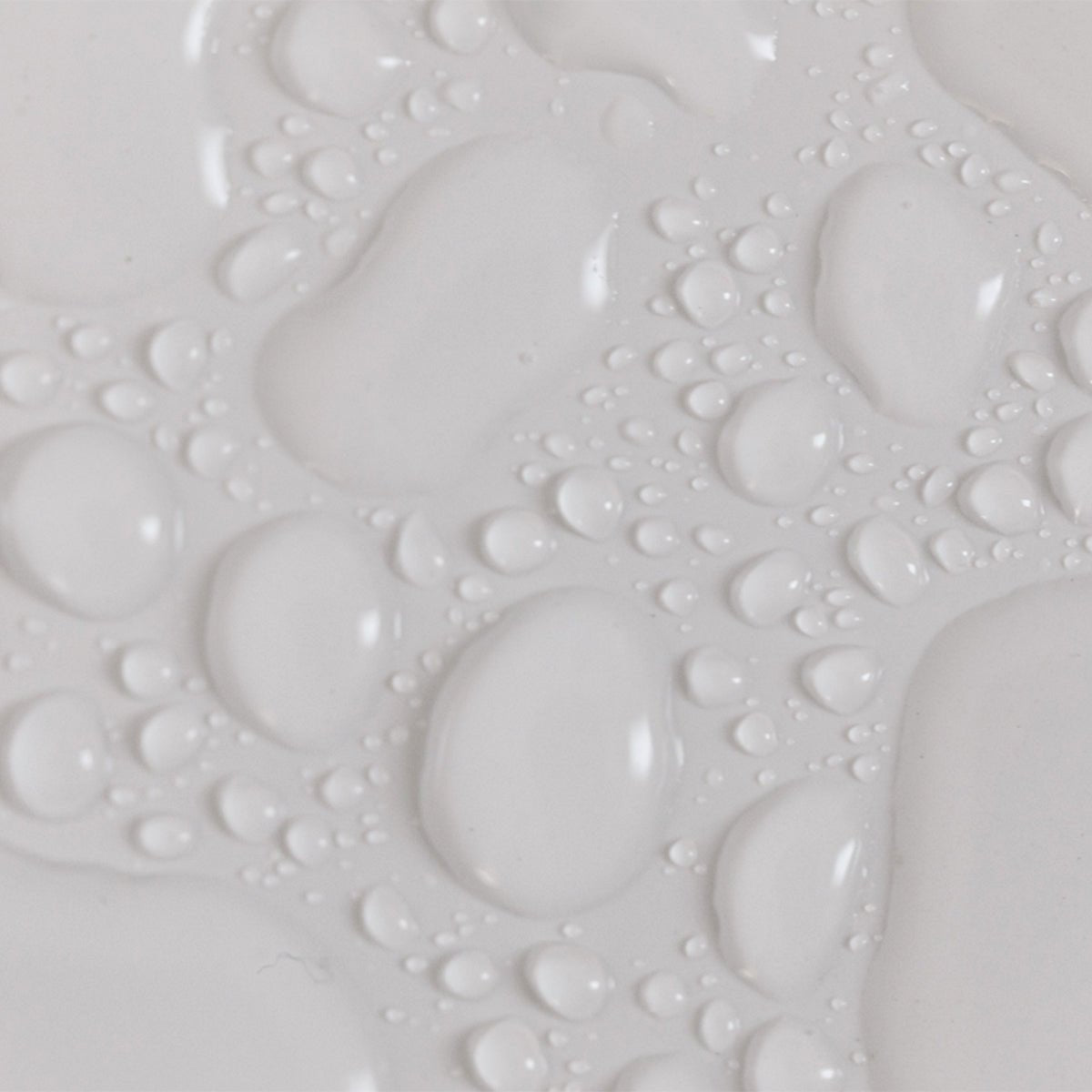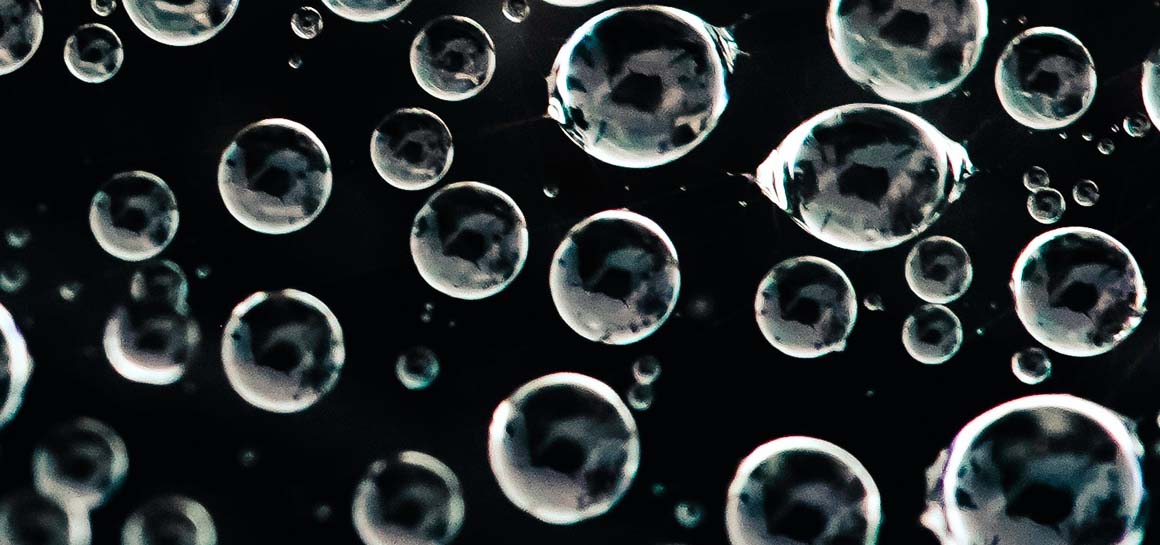In the realm of skincare, few ingredients have captured attention like hyaluronic acid (HA). From serums to creams, it's a star player promising hydration and youthful skin. But what exactly is HA, and how does it work its magic? Let's delve into the world of hyaluronic acid and uncover its transformative effects on your skin.
What is Hyaluronic Acid?
Hyaluronic acid, or hyaluronan, is a naturally occurring carbohydrate molecule in our bodies. Abundant in the skin, eyes, and joints, it plays a vital role in providing lubrication to connective tissues. Nearly half of the body's hyaluronic acid resides in the skin, emphasizing its significance in maintaining skin health.
Benefits for the Skin:
The standout feature of hyaluronic acid lies in its exceptional ability to deliver enduring moisture. As a humectant, it draws moisture from the environment, holding it for the skin to absorb. Aging diminishes the skin's natural moisture retention, leading to sagging and the emergence of fine lines. HA steps in to replenish moisture levels, imparting a plump and smooth appearance.
How HA Works in Skincare Products:
While the molecule itself is too large to penetrate the skin's top layer, it operates on the skin's surface, attracting and retaining moisture. Skincare products, ranging from serums to creams, utilize HA to enhance hydration and improve overall skin appearance. Innovative delivery systems, such as microneedling masks, ensure deeper penetration for more effective results.
Potential Risks and Side Effects:
Generally considered safe, hyaluronic acid is well-tolerated. However, a few precautions are essential:- Follow up with a moisturizer to lock in the drawn moisture.
- Some individuals may experience mild irritation, especially those with sensitive skin. Discontinue use if redness occurs.
- Opt for products with high-quality HA, avoiding additives or fillers.
FAQs:
Q: Can hyaluronic acid be used on all skin types?
A: Yes, HA is suitable for all skin types, including sensitive skin. Perform a patch test before incorporating it into your routine.
Q: How often should I use skincare products containing hyaluronic acid?
A: Frequency depends on the product and your skin's needs. Follow product instructions and monitor your skin's response.
Q: Can hyaluronic acid help with acne-prone skin?
A: Absolutely. HA hydrates the skin without causing breakouts or clogging pores, making it beneficial for acne-prone skin.
Vice Reversa's Solution:
Consider integrating Vice Reversa Eye Rejuvenator MicroMasks into your routine for targeted under-eye care. With 2600 ultra-fine MicroCrystal tips, these masks painlessly deliver concentrated hyaluronic acid, along with vitamin C and peptides, to the deeper layers of the skin. Effectively reducing fine lines, wrinkles, and dark circles, these masks contribute to a healthier under-eye area.
Hyaluronic acid stands as a skincare powerhouse, reviving and preserving your skin's vitality. Its moisture-locking prowess, combined with innovative delivery methods, makes it a go-to for skin enthusiasts. Elevate your skincare routine with high-quality HA products, and embrace the radiant, supple skin you deserve.

